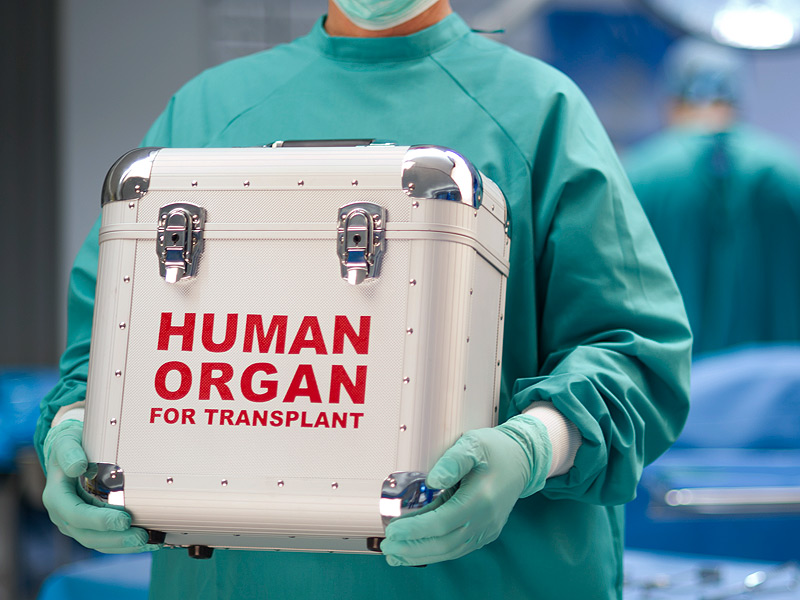
Organ donation debate continues
The death of an 8-year-old boy has sparked debate about organ procurement.
A controversial organ donation case in the US has sparked debate about the ethical criteria for organ procurement.
Authorities are investigating the death of 8-year-old Cole Hartman in a Los Angeles Hospital after doctors withdrew life support and administered the drug fentanyl – an opioid that, in sufficiently large doses, can be fatal. The case, which occurred in 2014, was brought to public attention last month when the coroner who examined Hartman brought a lawsuit against her superiors (whom she said were attempting to cover up the findings).
The coroner alleges that the dose of fentanyl was a “significant cause” of the Hartman’s death.
Many hospitals, including the one in which the boy died, prohibit doctors from administering opioids with the intention of hastening the death of the patient. And there is significant community concern about the medical hastening of death to harvest organs.
Organ donation has for decades been understood to be ethical only after brain death has occurred. Yet, as an article in The Atlantic earlier this week highlighted, there is some support for changing the criteria to or “organ donation after circulatory death” (cardiac death). The notion of organ donation euthanasia has been mooted in recent times.
And if you found these development unsettling, try this on for size. A post in the Journal of Medical Ethics blog explores the ethics of xenotransplantation. When discussing the problems posed by the immune-rejection the organs sourced from non-human animals, the authors moot a new, albeit controversial solution: growing organs in brainless humans.
If we were able to genetically engineer brainless humans, then the reasons behind [the respect for and moral value of humans] no longer apply. The object – it is not possible to call it a human being since it has no consciousness – has no capacity for consciousness, nor did it have the potential for capacity for consciousness since it would not have been created except in these circumstances. It is at best, similarly to the vessel of pig origin, a collection of organic matter that happens to be shaped like a member of the species Homo sapiens. The organs grown within this vessel would be the most compatible with patients, and would help to alleviate the organ shortage crisis.
Like our coverage of bioethics? If so, could we ask you for a favour? BioEdge takes a lot of time and hard work to produce. We do it because we think that our readers deserve to get the full picture of complex issues like surrogacy, euthanasia and stem cell research. We try to offer ideas to ponder and debate. To continue enhancing the conversation we need your support.
If every fan of BioEdge donated just $10, our future would be much more secure.
| DONATE NOW |
Organ donation debate continues
Xavier Symons
Creative commons
https://www.bioedge.org/images/2008images/is_150319_organ_transplant_800x600.jpg
